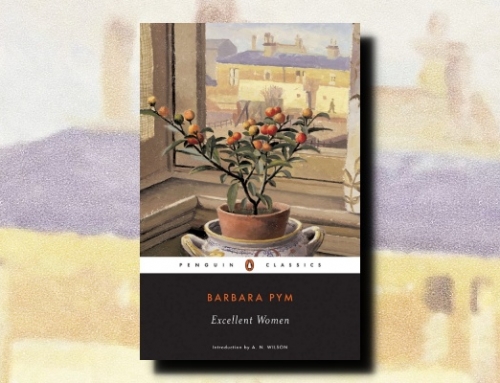The Vegetarian by Han Kang (2007) translated from the Korean by Deborah Smith Hogarth (2016) 194 pp
I was very excited yesterday when The Vegetarian won the Man Booker International Prize, recognizing a puzzling and provocative piece of art and its author and translator. Though it was not my favorite book on the longlist (I wrote about those last week, here and here), The Vegetarian was my favorite of the shortlisted books I read, and a worthy winner in any case.

The book is divided into three sections, each narrated by a different character but each focused on the strange behavior of Yeong-Hye, a formerly ideally submissive wife, daughter, and sister who has decided, after a nightmare, to become a vegetarian, shocking everyone and bringing out many of their demons. In the original Korean, each part was published separately, each having its own narrative arc, but they add together nicely.
The first section is told by Yeong-Hye’s husband of five years. While he didn’t really love her, he loved the stability her character provided their marriage. It was comfortably conventional, and he feels he both needed that and was entitled to it. But then she acts strangely by forsaking meat: “Before my wife turned vegetarian, I’d always thought of her as completely unremarkable in every way.”
Culturally, it may be difficult to understand why Yeong-Hye’s husband finds his wife’s vegetarianism such a remarkable thing it eventually leads to some terrible confrontations. I can only go by what other say here, but apparently vegetarianism is extremely rare in Korea, and accommodations for vegetarians are few. Consequently, having to seek accommodations for your vegetarian spouse at dinners with, say, your boss can lead to some awkwardness. At the very least, it directs attention to your spouse’s strange choice and away from the proper course one should take during such a dinner.
Since the narrator is the increasingly infuriated husband, and he sees support from Yeong-Hye’s family, Yeong-Hye herself remains elusive. He cannot understand her decision and chooses to see it as her attempt to attack him.
And maybe he’s right. Yeong-Hye is elusive but fascinating if we step away from the husband’s account. There’s something violent and animalistic in how her world has engaged with her, and she is repudiating that as much as she is repudiating meat.
In the second part, Yeong-Hye even has a chance to repudiate, symbolically, the meat from which her body is composed. This part is told by Yeong-Hye’s brother-in-law, an artist, who eventually becomes obsessed with her and attempts to aid her, not unselfishly, in her quest to shed her human skin and adopt a vegetal state of being.
This doesn’t go well, and in the third we switch narrators again. This time, it’s Yeong-Hye’s sister, In-Hye, the one married to the narrator of part two, who is left examining the battlefields of the first two sections. Yoeng-Hye, for example, now refuses to eat anything at all. She’s becoming a tree.
Finding herself picking up the pieces, In-Hye examines her own propensity to follow Yeong-Hye’s course of action. Maybe not by becoming a vegetarian, but surely something could be done to protest “against something.”
It’s a strong book, and Deborah Smith’s translation is integral in conveying the mystery, the brutality, the longing, and the submission in these beating hearts.








Leave a Reply